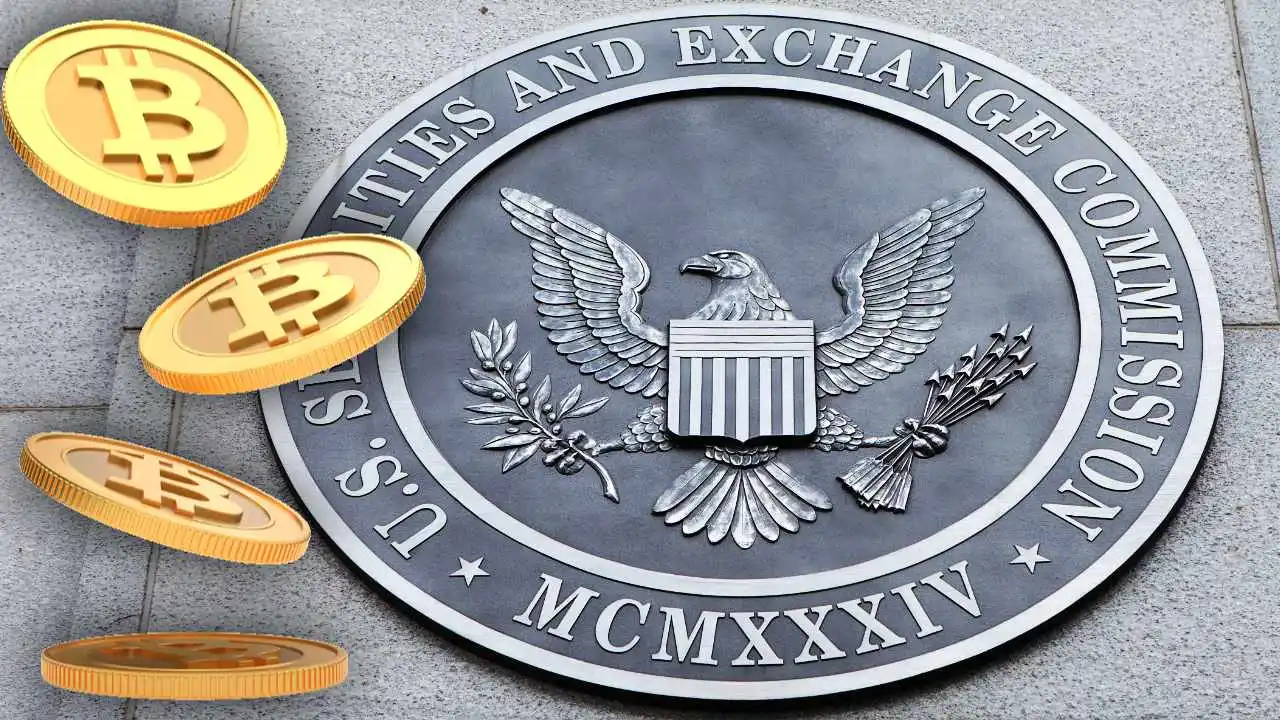Salvadoran Coffee Producers Reap Rewards Using Bitcoin for Cross-Border Payments
- Salvadorans are increasingly leveraging bitcoin for cross-border payments, reducing reliance on intermediaries.
- Compass Coffee, a U.S.-based company, recently purchased Salvadoran coffee using bitcoin, ensuring fair pricing for producers.
- The Salvadoran Ambassador to the U.S., Milena Mayorga, emphasized that bitcoin facilitated competitive prices directly to producers without third-party cuts.
Explore how Salvadoran coffee producers are benefiting from bitcoin transactions, ensuring fair trade and prompt settlements.
Bitcoin as a Catalyst for Fair Trade in El Salvador
Bitcoin’s integration into the coffee trade market in El Salvador signifies a major advance in achieving fair trade practices. Recently, Compass Coffee, a company based in the United States, procured a batch of Salvadoran coffee through a bitcoin transaction. This groundbreaking deal was facilitated by the Salvadoran Ministry of Foreign Affairs, marking a significant use-case for cryptocurrency in commodity trading. The absence of intermediaries allowed the producers to obtain superior prices, demonstrating the practical benefits of digital currencies.
Direct Payments and Enhanced Profitability
Jorge Cruz, a seasoned coffee producer from El Salvador, was particularly vocal about the benefits of this new payment method. He mentioned that the transaction price was between two to three times higher than those quoted in traditional U.S. markets. Bitcoin enabled the settlement to be finalized in less than 10 minutes, a remarkable improvement over conventional systems. Previously, a sample batch was sent to the buyers for quality verification, illustrating the meticulous planning involved in this process. The elimination of intermediaries not only ensures a better rate but also promotes efficiency and trust in the transaction.
Strategic Meetings and Facilitating Trade Relationships
The success of this transaction can also be attributed to the proactive efforts by the Salvadoran Foreign Ministry. In 2022, Compass Coffee was introduced to Salvadoran coffee producers through a series of strategic meetings. Chas Newman, the Chief Operating Officer of Compass Coffee, appreciated the Salvadoran Embassy’s role in facilitating this exchange. These efforts have laid a positive groundwork for ongoing collaborations, opening up new avenues for trade and financial inclusion for local producers.
Future Prospects and Broader Implications
The success of this bitcoin-enabled transaction has far-reaching implications beyond the coffee industry. It sets a precedent for other sectors in El Salvador to adopt cryptocurrency as a viable payment method. Additionally, this practice can pave the way for increased financial inclusion and empowerment for various local producers, beyond coffee. The transparency, speed, and fairness associated with bitcoin transactions could revolutionize how businesses operate in developing economies.
Conclusion
The recent adoption of bitcoin by Salvadoran coffee producers and U.S.-based Compass Coffee heralds a new era of financial operations in El Salvador. By sidestepping traditional intermediaries, bitcoin ensures better prices, quicker settlements, and fosters trust. This approach has the potential to transform not just the coffee industry, but numerous other sectors in El Salvador. It presents a compelling case for wider cryptocurrency adoption, presenting a future where efficiency and fairness are paramount.
Disclaimer: The content of this article solely reflects the author's opinion and does not represent the platform in any capacity. This article is not intended to serve as a reference for making investment decisions.
You may also like
Bitcoin flips ‘macro bullish’ amid first Hash Ribbon buy signal in 8 months

ETH price to $1.2K? Ethereum's PoS ‘deflation’ ends with fees at all-time lows

Abracadabra.Money’s GMX pools hacked, $13M lost
Bitcoin sets sights on 'spoofy' $90K resistance in new BTC price boost

